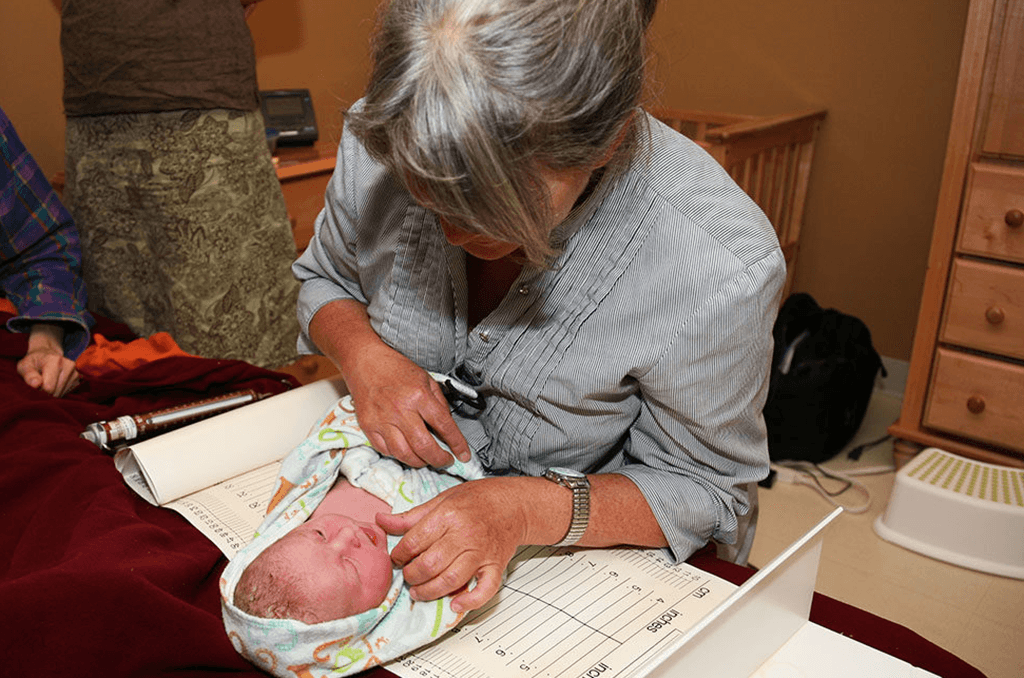
Being a midwife is a challenging and rewarding career. You are guiding the birthing person through one of the most transformative experiences a person can have. You will provide the necessary support, care and advice during pregnancy, labour and the postpartum period. But you also offer health counselling and education within the family and the community – guiding everyone towards a better outcome.
Be sure to check out “What is a Midwife” to better understand the scope of practice.
Canada has a number of recognized midwifery programs that we have gathered here for your convenience. After your program, you’ll be qualified to take the Canadian Midwifery Registration Examination (CMRE). Successfully passing the CMRE exam allows you to apply to register to work as a midwife anywhere in Canada.
Programs in Canada
The midwifery education program is a baccalaureate level program, usually 3-4 years. There are currently six midwifery education programs available in Canada. Education programs are “direct entry”, which means that there is no nursing or other credential required for entry. Each program administers exams recognized by their respective provincial regulatory bodies.
Be sure to check out “Midwifery Across Canada” for details on provincial associations and regulatory colleges.
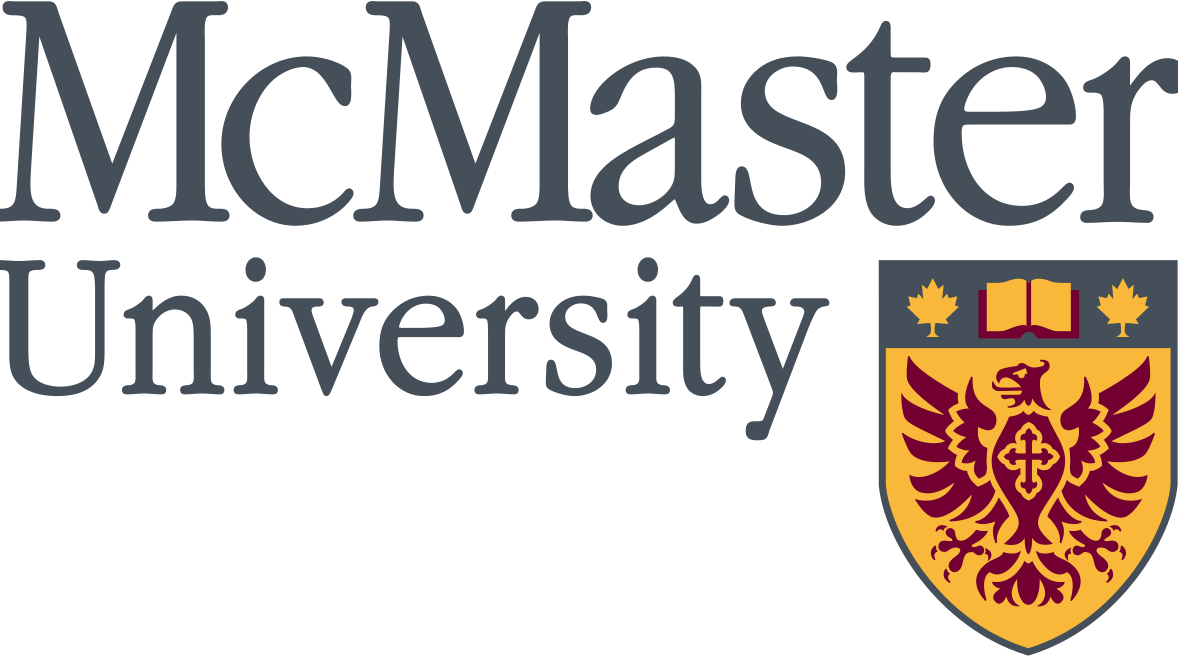
McMaster University – Midwifery Program
The four year program which spans nine terms, includes courses from basic sciences, social sciences, health sciences and electives, in addition to clinical courses. A variety of course formats include classroom, distance learning through web conferencing and print-based self-study courses. Teaching methods include lecture format, small group tutorials, self-directed activities and practical learning experiences in both laboratory and clinical practice settings.
Be sure to check out their useful FAQ. This program is offered in English only.
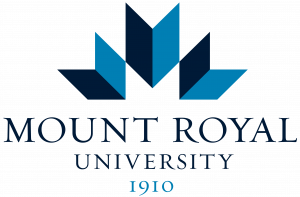
Mount Royal University – Bachelor of Midwifery
In Alberta’s only midwifery degree program, students work with faculty and practicing midwives to blend theory with practice, providing care to childbearing people and their families. This degree prepares you to become a primary-care provider in the growing field of midwifery. Graduates are prepared to write the Canadian Midwifery Registration Examination and become registered midwives. This program is offered in English only.
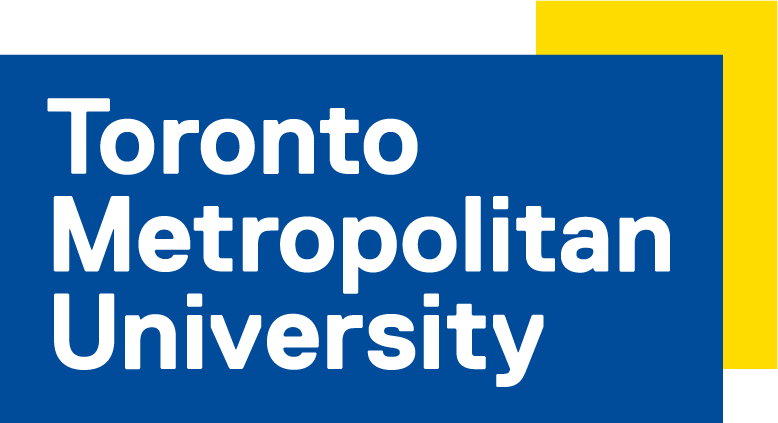
Toronto Metropolitan University – Midwifery Education Program
Midwifery students engage in academic studies in the pre-clinical portion of the program including health, social and biological science coursework. Upon successful completion of the pre-clinical program, students commence the clinical portion of the program which is comprised of six terms of midwifery clinical and interprofessional placements. Clinical placements provide opportunities for students to integrate academic knowledge with clinical skills as they develop the capability to take on the role of primary health care provider.
This program is offered in English only. Be sure to check out their helpful FAQ.
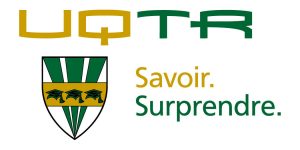
Universite du Quebec a Trois Rivières – Baccalauréat en pratique sage-femme
Le programme de baccalauréat en pratique sage-femme de l’UQTR a pour but de former des sages-femmes autonomes, offrant aux femmes et à leur famille des soins de première ligne sécuritaires et professionnels tout au long de la période périnatale. Les sages-femmes formées à l’UQTR travaillent dans un contexte d’interdisciplinarité, en respectant le besoin des femmes d’accoucher en sécurité et dans la dignité dans le lieu de leur choix, qu’il s’agisse de leur domicile, d’une maison de naissance ou d’un centre hospitalier.
This program is offered in French only. Be sure to check out their helpful FAQ
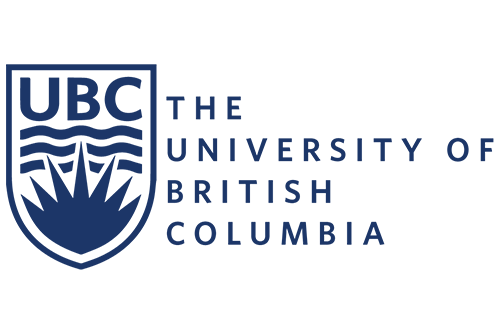
University of British Columbia – Midwifery Program
The University of British Columbia’s Midwifery Program has been educating midwives and advancing midwifery research and practice since 2002. This growing center of clinical expertise and research is housed in the Department of Family Practice. UBC Midwifery draws on knowledge generated by midwifery, the social sciences and biomedicine to develop professionals who provide holistic maternity care.
This program is offered in English only.
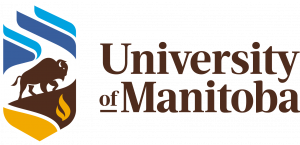
University of Manitoba – Bachelor of Midwifery Program
The BMid program offers a solid base in midwifery knowledge combined with a hands-on clinical practice, allowing you to apply your knowledge in real-life situations. With internationally recognized faculty and state-of-the-art facilities, you will have access to everything you need to succeed in this challenging, diverse and satisfying program. This program is offered in English only.
Community-Based Programs
There are currently two community-based programs, offered in three Indigenous communities in Canada. For more information, please contact the programs directly.
Tsi Non:we lonnakeratstha Ona:grahsta’ Aboriginal Midwifery Training Program
The Tsi Non:we lonnakeratstha Ona: grahsta’ Aboriginal Midwifery Training Program is three years in length, and consists of tutorials that address Indigenous women’s unique health issues. The program combines western obstetrical practices and standards with traditional Indigenous practices and standards. All training components are completed at the Maternal and Child Centre with Aboriginal midwife instructors.
Inuulitsivik Midwife Training Program
The program is an academic and clinical education program for Inuit women working in their own communities on the Hudson and Ungava Coasts of Nunavik (Northern Quebec). The program uses a modular, competency-based curriculum. The program emphasizes learning in ways appropriate to Inuit culture, including learning in the Inuktitut language, and focuses on the role of the midwife in community health, especially in the areas of sexual health and well woman care. This program is offered through maternity programs in health centres on the Hudson and Ungava coasts in Quebec.
Canadian Emergency Skills Programs
Interested in furthering your education? Have a look at the emergency skills programs.
Bridging Programs for Internationally Educated Midwives
For people who were educated as midwives outside of Canada, there are a number of bridging programs that will help you towards getting your Canadian accreditation.
International Midwifery Pre-registration Program
This is a 9-month part-time bridging program for qualified midwives educated outside of Canada. The IMPP is intended for experienced international midwives, fluent in English, who have practiced midwifery within the past ten years. It is not a reeducation or retraining program.
Internationally Educated Midwives Bridging Program
Based at the University of British Columbia, the IEMBP is designed for midwives who have been educated in an approved Midwifery program outside of Canada. It is designed to help midwives learn how to use their skills in a Canadian context.
Certificat personnalisé en pratique sage‑femme au Québec
The UQTR provides midwifery training for midwives trained outside of Canada who seek recognition of their diploma or training in order to obtain a license to practice in Québec. This personalized midwifery certificate, “Certificat personnalisé en pratique sage-femme (4002)”, is reserved for midwives who have a recommendation for training from the Ordre des sages-femmes du Québec. This certificate includes 5 theoretical courses and a clinical internship.
Mentorship Opportunities
Queer Mentorship Program

The Canadian Caucus of Queer and Trans Midwives hosts a queer mentorship program to support student midwives in Canada.
We welcome people who self identify as part of the 2SLGBTQI+ spectrum and who are midwifery students or midwives in Canada. We know that individualized mentorship helps to increase retention and graduation, promotes resiliency, and develops professional skills within the varying fields of healthwork.
Primarily this will work as an online/phone mentorship program with each mentor‑mentee pair deciding how and how often they will interact (as frequent as they like, at least once per month). We are available to support with problem solving and guidance! All contact information will remain private among program organizers and the mentor‑mentee pairs.
Are you a midwife who would like to be a mentor?
Are you a midwifery student looking for a mentor?
Applications are accepted on a continuous basis. Once accepted into the program, you will be asked to attend an orientation to understand the expectations of the program. For more information, please contact inclusivemidwifery@gmail.com
BIPOC Mentorship Program
In response to student requests, Toronto Metropolitan University MEP launched a BIPOC student mentorship program for self-identified students who are Black, Indigenous, or People of Colour (BIPOC). This is an opportunity for BIPOC midwives to pair, share and care with this next generation of BIPOC students. The mentorship program is open to any midwife and any student residing and working in Canada (regardless of the site of their MEP).
TMU BIPOC midwifery students and alumni run a Facebook group; and the BIPOC Mentors Group Canada also has a Facebook group.
From the research, we see that a formal, evidence-based, respectful, individualized mentorship program helps to increase retention and graduation rates, mitigates against trauma, and promotes resiliency and professional skills that will prepare them well for a long career in a stressful but valued profession. The research also demonstrates the dire need to diversify our midwifery workforce if we are to promote health equity in our diverse population. The results of a recent study by BIPOC midwife researcher, Valentin-Welch revealed that mentored BIPOC students tend to have a lower rate of attrition, greater satisfaction and success. It is presumed that this will prepare them to have a longer and more fulfilling career in the profession.
Midwives and students make connections based upon their stated priority demographics (e.g., language, ethno-racial background, country of birth, heritage, geography, ability, faith, gender, 2SLGBTQI+, parenthood, etc.). Ultimately though, the mentorship process works, not because the pair has everything in common, but because they are both dedicated to communicate by web conferencing (Skype, Zoom, WhatsApp, Facetime, Google Hangout) or phone at least once per month. Regular emails with tips and pearls, a private Facebook group, and BIPOC student-run socials are many of the ways that mentors are supported. Any midwife can be a mentor if you have practiced in Canada, at any career stage — even if you are already a preceptor.
Are you a midwife who would like to be a mentor?
Are you a midwifery student looking for a mentor?
To receive orientation materials, please contact Karline Wilson‑Mitchell and someone from the team will follow up.
Privacy Statement:
The information provided in mentor and mentee applications remains completely confidential and is stored on Ryerson’s Google drive in a password protected, encrypted folder. Only the BIPOC Mentorship team has access and uses the information in this folder. The information stored is used solely for the purposes of pairing mentors and mentees based on requested characteristics.
Conflict of Interest:
If you are a mentor and your mentee is assigned to you for precepting during a clinical placement please be advised to continue in the preceptor role only. Notify the BIPOC Mentorship team so that we can find a new mentor for the student. Think of this role shift as the student gaining the opportunity to build a second life‑long, career‑long friend and support system.
